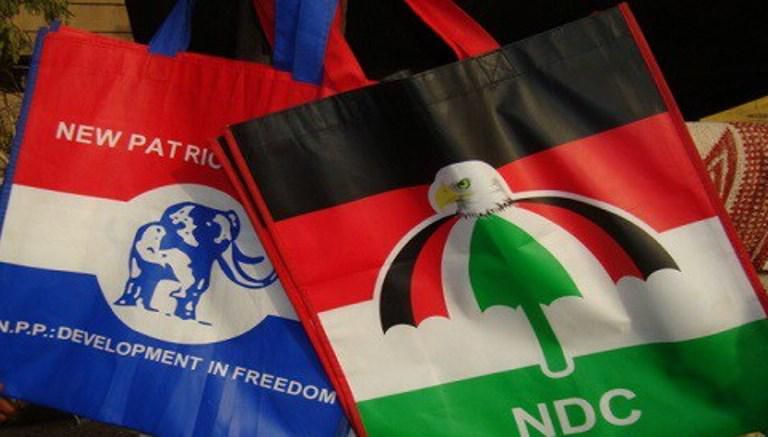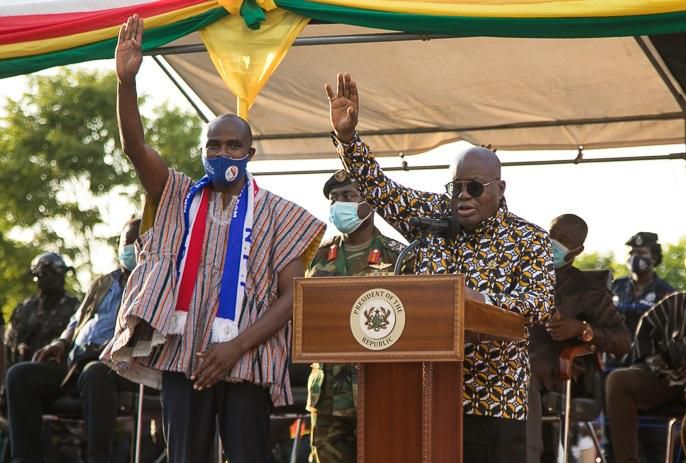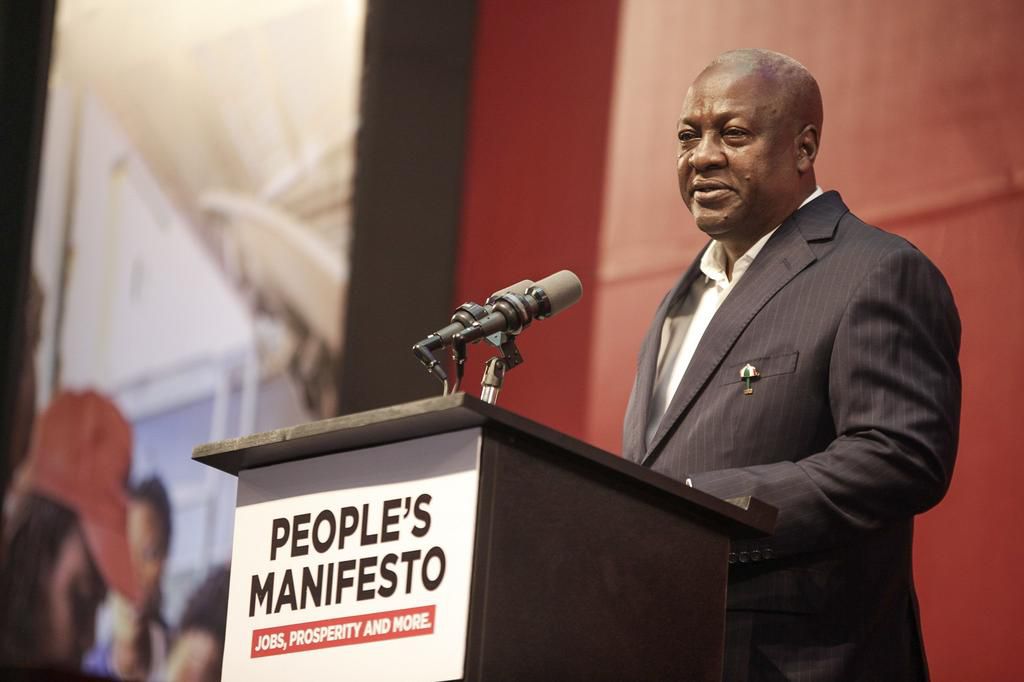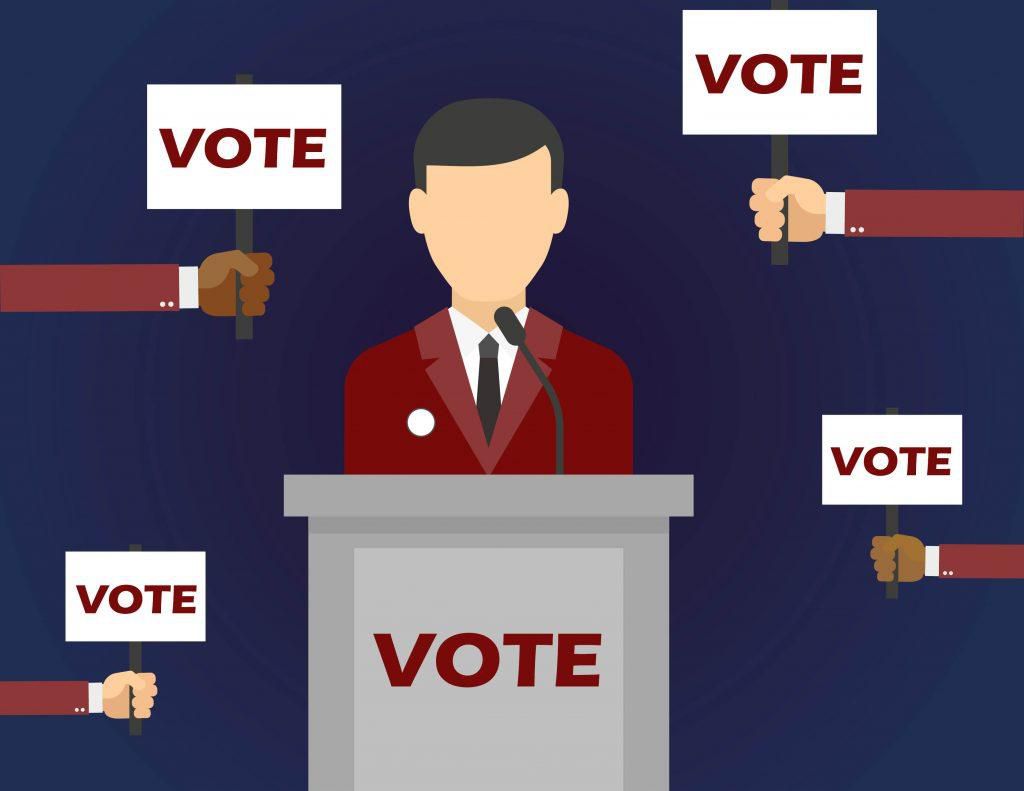Pulse Editorial: It’s actually a good thing when political parties have similar manifesto messages
)
The legendary American novelist and journalist Martha Gellhorn had a theory of how politics should be. Her message was simple: everyone must be interested and everyone must be involved.
In fact, one of her most famous quotes reads: “People often say, with pride, 'I'm not interested in politics.' They might as well say, 'I'm not interested in my standard of living, my health, my job, my rights, my freedoms, my future or any future.' ... If we mean to keep any control over our world and lives, we must be interested in politics.”
With less than three months to the general elections in Ghana, never has the above quote been more relevant. The result of the December polls will determine the direction the country heads for the next four years.
Thankfully, Ghanaians have all the time to decide who to vote for, with the two major political parties having already launched their respective manifestos.
READ ALSO: Pulse Editorial: Time has come for the nation to tackle ethnic stereotyping, name-calling

The ruling New Patriotic Party (NPP) was the first to launch its manifesto on August 22, detailing its achievements over the last three and half years and its plans for the country for the next four years.
The opposition National Democratic Congress (NDC), after a series of postponements, also launched its manifesto on September 7 and laid out what they would do, should Ghanaians hand them the nod on December 7.
While the launching of manifestos has kicked the campaigns of both parties into full gear, there has been talks about one party copying the other’s campaign messages.
As it stands, both parties have accused each other of manifesto theft and this is as a result of the similar campaign messages put forward by the two parties.

For instance, the NPP and NDC have very similar proposed solution on how to uplift the Zongos and other deprived communities in the country.
Page 155 of the NPP’s manifesto says the party will “through the Zongo Development Fund, in collaboration with GETFUND, build 16 model Senior High Schools in Zongo communities across the 16 regions of the country.”
Page 70 of the NDC’s manifesto similarly says they will “set up schools in disadvantaged, over-populated and under-served areas including Zongos and other deprived communities.”
Both parties have also promised to implement free WiFi in secondary schools and tertiary institutions, as well as introduce reforms to increase access to professional legal education.
Also, the NPP and NDC have similar manifesto messages when it comes to plans for tertiary students from poor homes. Both parties have promised to introduce student loan schemes to ensure that no student who has obtained admission to a tertiary institution is denied that right.

The above are just a few of the campaign promises by both parties that are very similar. However, it appears the two parties and their supporters are not happy about having similar ideas on how to govern the country.
During his two-day campaign tour of the Upper West region, Vice President Dr. Mahamudu Bawumia wasted very little time in accusing the NDC of copying the NPP’s manifesto.
“You can copy all the ideas, but you cannot copy the performance because your performance will expose you,” Dr. Bawumia said.
Weeks earlier, ahead of the NDC’s manifesto launch, the MP for Tamale Central, Inusah Fuseni, had also leveled the same accusation against the NPP.
Speaking to Bolgatanga-based A1 Radio, the legislator said: “Our [NDC] manifesto was ready in July, we did not want to launch our manifesto because we believed that NPP copied our manifesto, that’s our belief.
“In fact, in the last election, the one before 2012 election, our offices were actually robbed. I’m just saying that NPP copied our manifesto.”
READ ALSO: Pulse Editorial: Rich Ghanaians are getting evacuated, while the "poor" wallow in despair abroad

The blatant truth, though, is that the accusations and counter-accusations are highly unnecessary. Having similar campaign messages should not be a bad thing. Rather, it should excite every Ghanaian ahead of the December polls.
What this means is that the NPP and NDC are beginning to identify the needs of citizens and are also thinking alike in finding solutions. After all, as Ghanaians, all that we are interested in is a government that will deliver.
So the argument about having similar campaign messages shouldn’t matter at all. What we should be interested in is which among the two parties can actually deliver on those promises.
The NPP and NDC may be two different political parties, but if they are identifying the same problems and proposing the similar solutions, then it’s definitely a good thing.
Pulse Editorial is the opinion of the editorial team of Pulse. It does not represent the opinion of the organization Pulse.
)
)
)
)
)
)
)
)
)
)
)
)
)
)
)
)